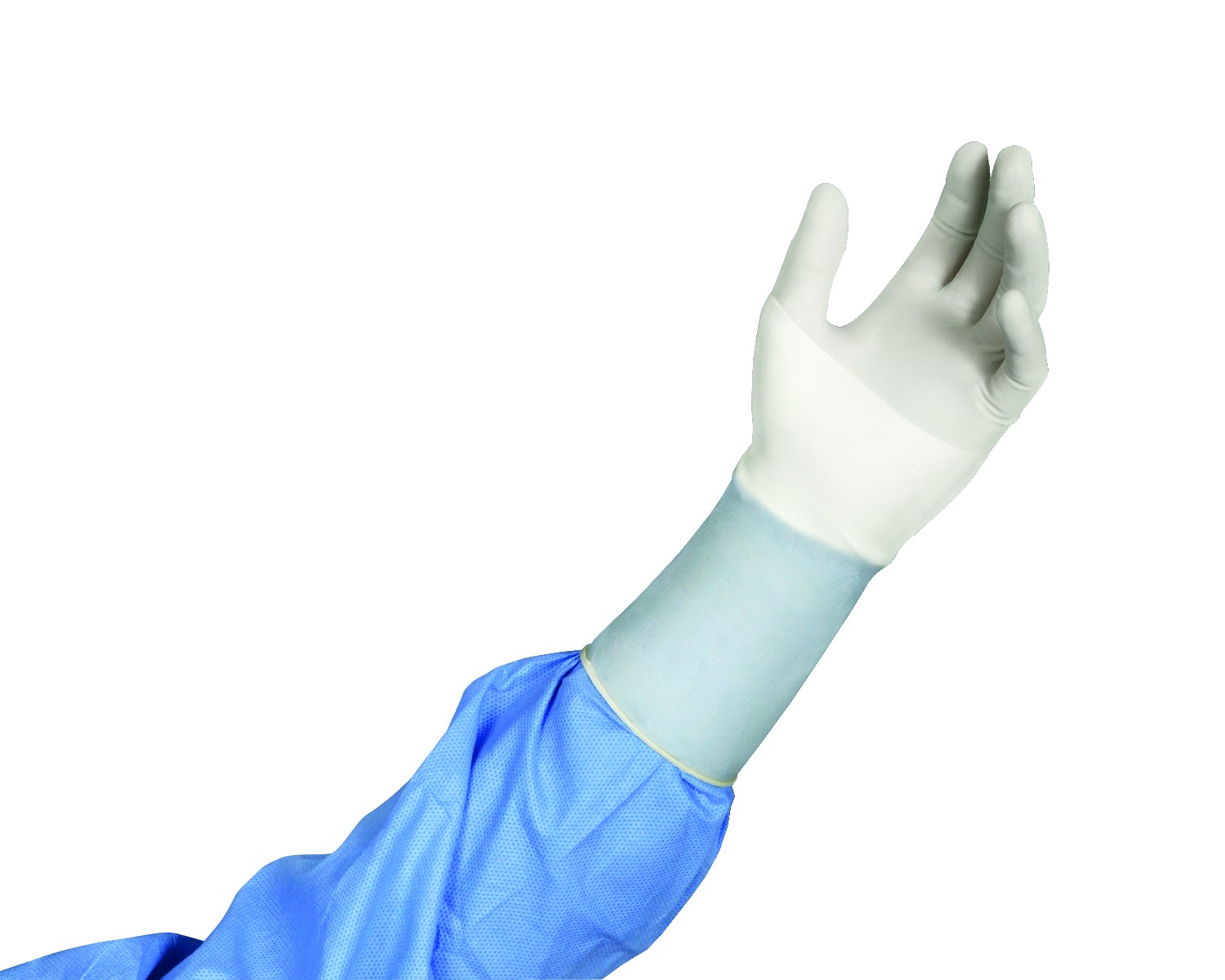Medline committed to allergy reduction in exam and surgical gloves
16 th January 2018
Medline offers a wide range of latex- and accelerator-free options, plus comprehensive testing, to minimise the risk of negative reactions.


Medline’s commitment to quality, safety and customer satisfaction continues to be the driving force behind the company. The company’s focus on safety is especially visible in the exam and surgical glove portfolios. Medline offers a wide array of gloves to combat both type I latex allergies and type IV allergies to chemical accelerators.
Concern over the complications from latex allergies is driving many healthcare facilities to eliminate latex products, particularly gloves, from their hospitals. In fact, it is estimated that as many as 18 per cent of healthcare workers may be allergic to latex compared to 1 to 6 per cent of the general population. Symptoms include watery or itchy eyes, runny nose, sneezing, wheezing, hives, welts, rashes, itching and swelling. Severe reactions (anaphylactic shock) can cause breathing problems, chest tightness, swelling of the throat or tongue and even death. Although powder-free latex gloves can help avoid many of these complications, even low-protein powder-free latex gloves are not completely safe. The only way to truly eliminate latex-related risks is to avoid using latex entirely and switch to synthetics.
Of the 14 exam gloves Medline sells in Europe, only one of them is made from latex. And while about half of our surgical glove portfolio is still made from latex because many surgeons still prefer it, the company offers a wide array of latex-free options for every type of surgery. In addition to being latex free, Medline’s surgical gloves are also DPG- and thiuram-free; these are two types of accelerators commonly found in gloves. Medline gloves also don’t contain potentially harmful additives like CPC and Casein.
Chemical accelerators are used in the manufacturing process of most exam and surgical gloves. For most people, these chemicals are harmless, but a growing number of healthcare professionals have been experiencing irritation after long-term use of latex-free gloves. This irritation is actually a type IV allergy called allergic contact dermatitis, and it can decrease the quality of work life for its sufferers, and in extreme cases, force these people to change careers. Symptoms include dry, itchy and red skin.
To combat this problem, Medline is now offering 2 gloves that have the same fit and performance as their accelerator-containing counterparts, but without the risks associated with accelerators:
Dermassure Green Accelerator-Free Surgical Glove
SensiCare Free Nitrile Exam Gloves
For gloves still containing latex and/or accelerators, Medline has initiated an intensive washing and testing process to ensure that these amounts are as low as possible, which significantly decreases the chance of an adverse reaction. FITkit testing measures the amount of latex proteins left on the surface of a glove after it has been washed, post-manufacturing. Medline performs FITkit testing on both the inside and outside of latex gloves. Furthermore, HPLC testing measures the amount of residual accelerators left on the glove after washing and leaching.
All Medline gloves made using accelerators have such miniscule amounts that they are typically not detected in this test. It is important to note that neither of these tests is mandatory, but Medline’s focus on customer and patient safety is paramount, which made the decision to institute testing an easy one.



